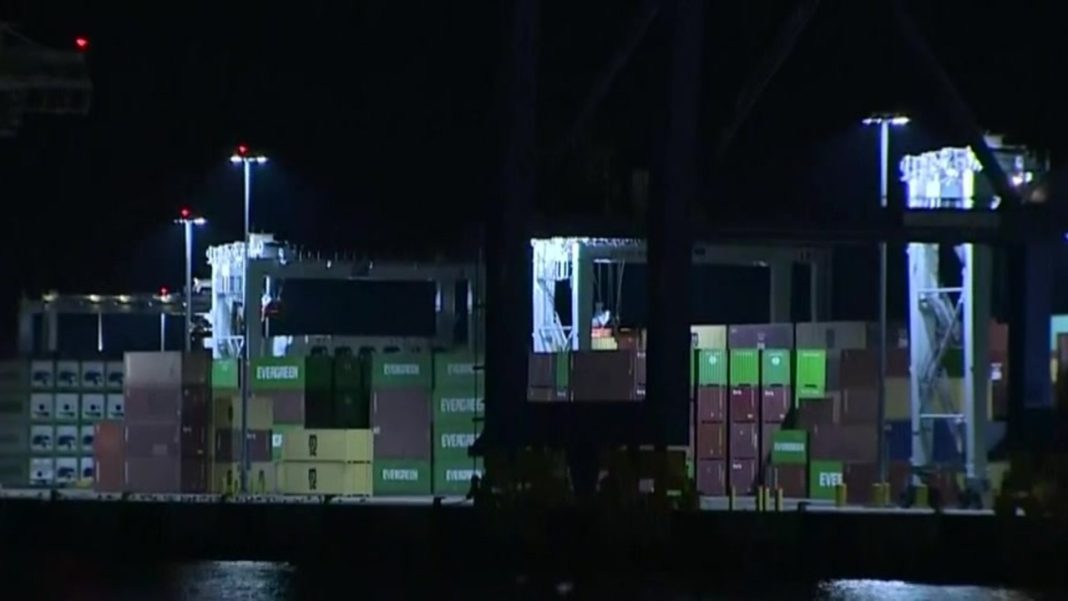In the heart of Queensland, Australia, a critical conversation is unfolding about the future of agriculture, renewable energy, and the pivotal role that political engagement plays in shaping these industries. Russell Hall, the president of Agforce and a leading voice in Queensland’s sugar cane sector, has raised alarms regarding the government’s approach to the net-zero transition. Hall’s observations underscore a growing sentiment among farmers who feel marginalized in discussions that directly impact their livelihoods and the broader agricultural landscape.
During a presentation at the Royal International Convention Centre on October 1, Hall expressed his concerns about the government’s focus on wind and solar energy, suggesting that this narrow focus overlooks the potential benefits of utilizing existing natural resources. “Yes, the concept of harnessing the wind and the sun sounds great,” he remarked, but he quickly pivoted to the environmental costs of such technologies. Hall challenged the audience to consider the ecological footprint of renewable energy infrastructure—“No one can tell us the footprint of a panel, a blade, or the millions of tonnes of steel and concrete that goes into the foundations of a wind turbine,” he stated. His critique raises an important question: while renewable energy is often touted as a panacea for climate issues, have we adequately considered its environmental trade-offs?
Moreover, Hall’s comments reflect a broader frustration within the agricultural community, particularly regarding political engagement. After participating in a government initiative aimed at promoting renewable energy in agriculture, Hall anticipated that this would open doors for dialogue with key political figures. However, he expressed disappointment at the lack of follow-up. “I naively thought that this would open doors with levels of government for conversations on what cane could offer in the renewables space,” he lamented. This disconnect between farmers and political leaders is alarming, especially given the critical role agriculture plays in food security—an issue that Hall believes should be prioritized ahead of the upcoming state elections.
The pandemic highlighted the essential services provided by farmers and the trucking industry, yet Hall noted that not a single political leader acknowledged their efforts during this challenging time. “Not one political leader through COVID-19 came out and thanked us,” he said, emphasizing that farmers continued to deliver food to urban centers even as cities locked down globally. Interestingly, Hall pointed out that while the pandemic raged on, environmental conditions actually improved, suggesting a complex relationship between agricultural practices and climate change that deserves further exploration.
Yet, as the world begins to transition out of the pandemic, Hall asserts that new policies have created additional challenges for the farming community. In September, various farming groups rallied at Parliament House in Canberra to voice their opposition to the planned phase-out of live sheep exports by 2028, a move that many see as detrimental to the industry. Compounding this, issues such as water buybacks under the Murray-Darling Basin Plan, increased biosecurity charges, and rising operational costs due to minimum wage increases and superannuation are creating a perfect storm of challenges for farmers.
Amid these concerns, Hall championed sugar cane as a viable renewable energy source, arguing that it embodies the qualities of a “true renewable.” With its vast biomass potential, sugar cane could feasibly power homes and regional cities along the coastline, Hall argued. He noted the example of the Mossman Mill, which faced liquidation earlier this year but had the potential to transform into a green powerhouse adjacent to a rainforest. “It is 100 percent green and with low transmission costs, it’s a no-brainer for so many,” he asserted, emphasizing the opportunity this presents for job creation, especially for younger generations.
This narrative is not merely about the tension between agriculture and renewable energy policies; it is a clarion call for greater engagement between political leaders and the farming community. As stakeholders navigate the complexities of climate change and energy transition, it is essential that farmers are not only heard but also actively involved in shaping the policies that affect their futures. The conversation must evolve beyond simplistic dichotomies of traditional versus renewable energy, embracing a more nuanced understanding of how agriculture can contribute to a sustainable future.
In conclusion, as Queensland approaches its state elections, it’s imperative that candidates prioritize food security and engage meaningfully with agricultural representatives. Only through genuine dialogue and collaboration can we hope to create policies that support both the environment and the farmers who are its stewards.

